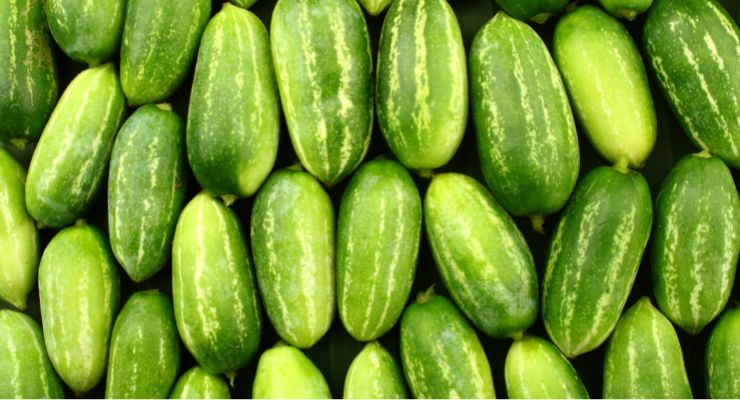Market Updates, Research
Botanical Extract Linked to Beneficial Effect on Blood Glucose Markers in Prebiabetes
Gencor’s Ivy Gourd Extract Gencinia significantly reduced fasting and postprandial glucose over the course of 12 weeks.

By: Mike Montemarano

An ivy gourd (Coccina cordifolia) extract marketed by Gencor as Gencinia was linked to improved fasting and post-prandial blood glucose measurements in a population of 48 people with prediabetes.
Prediabetes, a health condition in which blood sugar levels are higher than normal but not high enough to be classified as type 2 diabetes, affects more than one in three American adults, according to the Centers for Disease Control.
In the study, which was published in Phytomedicine Plus, researchers evaluated how supplementation with Gencinia could impact blood glucose levels over 12 weeks. The double-blind, placebo-controlled study include 48 prediabetic adults between the ages of 27 and 73, who either received a placebo or one gram of the supplement daily.
Glucos metabolism markers were then taken at baseline, week six, and week 12. After 12 weeks, there was a significant reduction in fasting and two-hour postprandial blood glucose levels in the treatment group, compared to the placebo group.
“More and more people are turning to the natural products industry for blood glucose support, and Gencinia is a strong ingredient to help manage blood sugar levels,” said R.V. Venkatesh, co-founder at Gencor. “We are happy with these results and plan to investigate further how natural ingredients can help manage glucose levels for improved well-being.”
This study is the second to provide evidence supporting the role of Gencinia as a potential adjunct to dietary and lifestyle modifications in the treatment of prediabetes. A prior study found that a daily dose of one gram of Gencinia over 60 days significantly improved fasting blood glucose and postprandial levels in subjects between the ages of 35 and 60.


